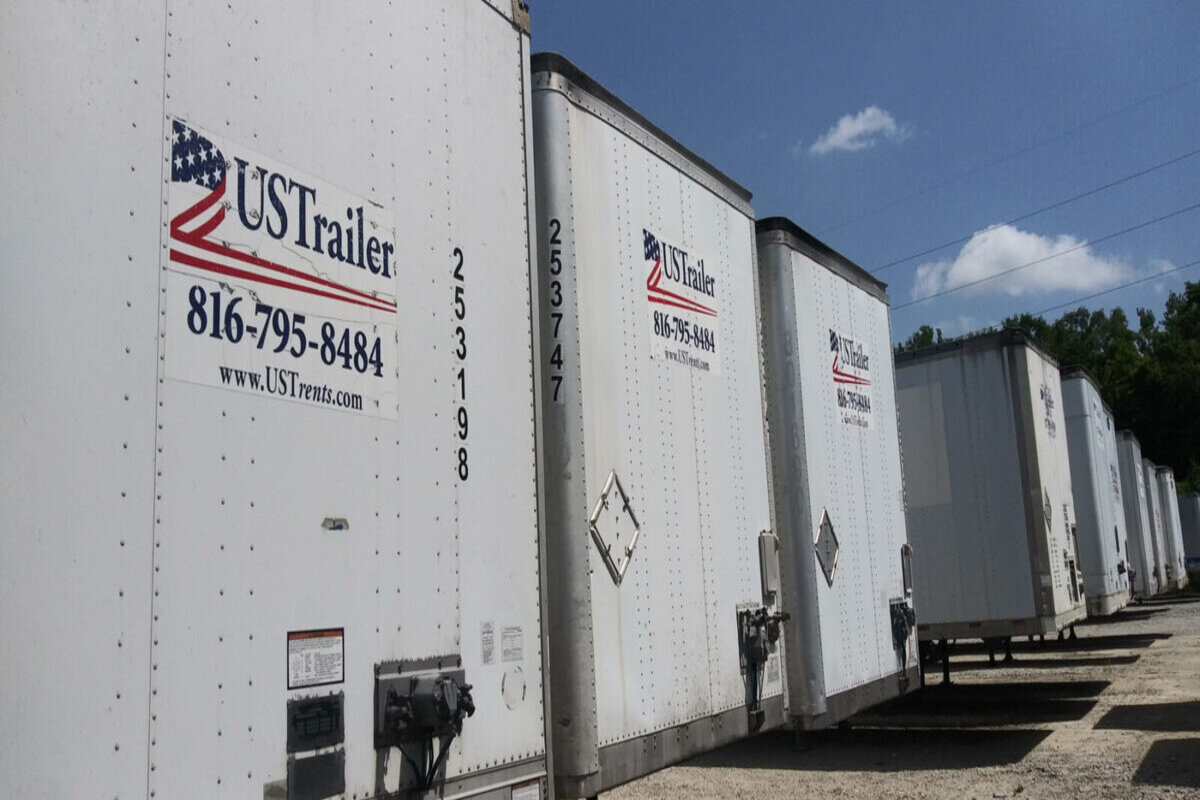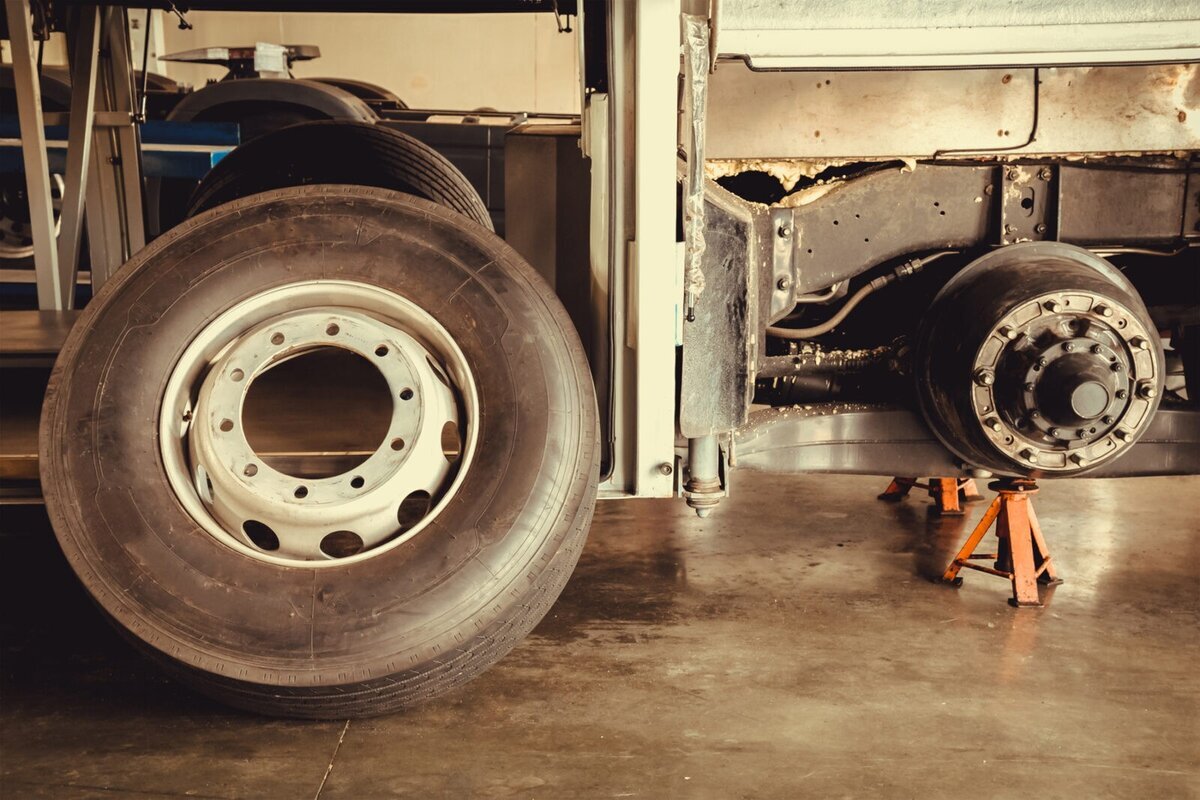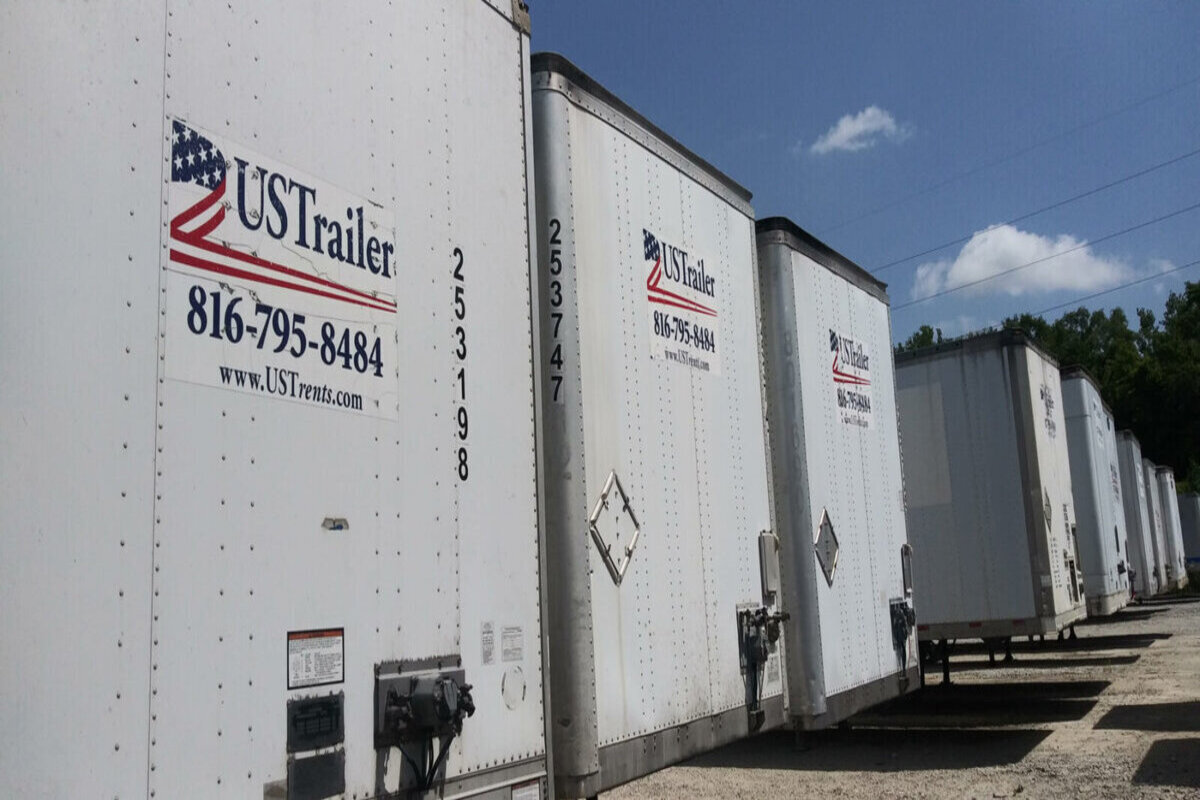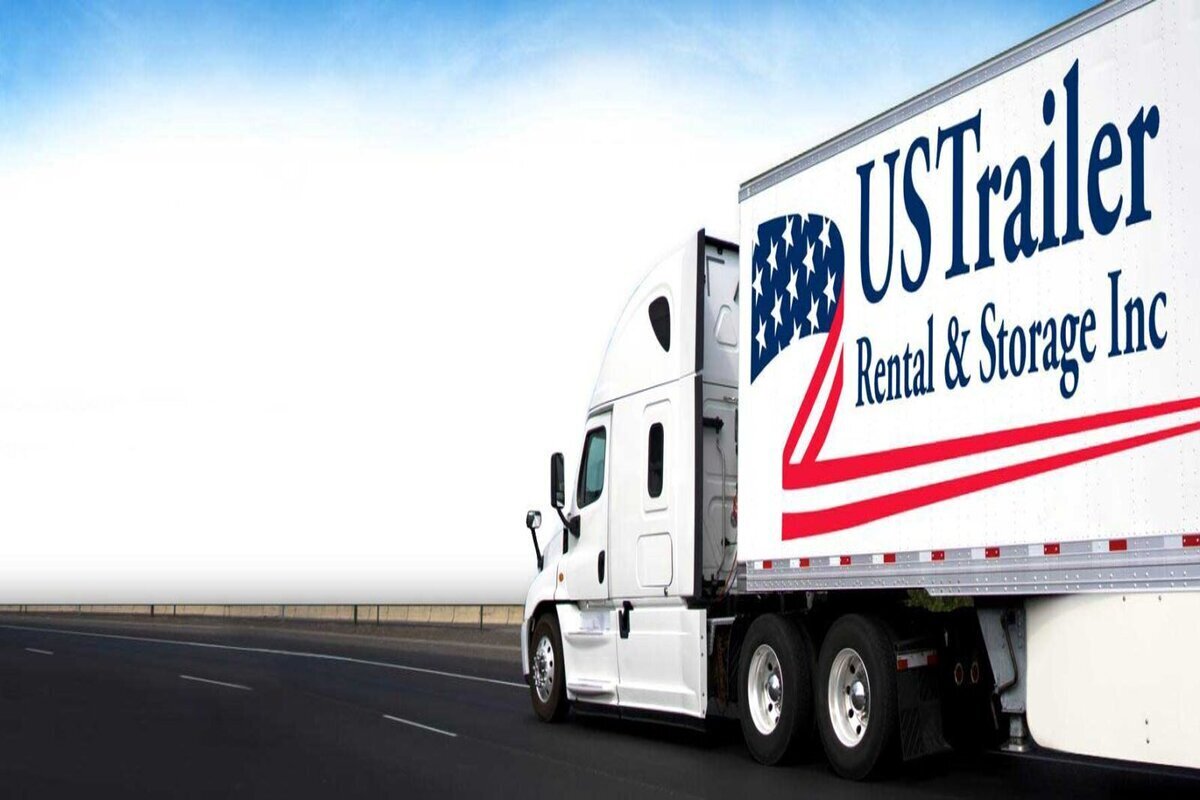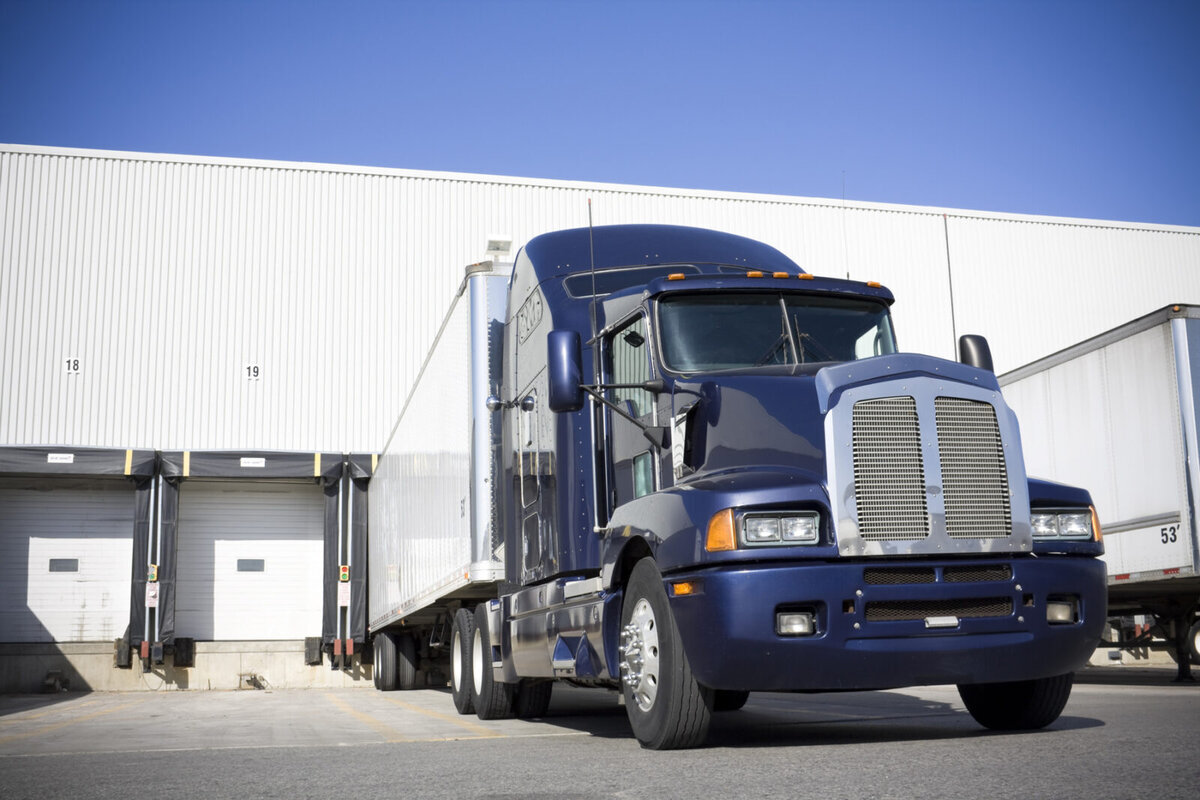When it comes to choosing the right semi-truck for your fleet, one of the key decisions is selecting the fuel type. The debate between gas and diesel trucks has been ongoing for years, with each type offering distinct advantages and challenges. This blog post aims to shed light on the gas vs. diesel semi-truck debate, helping you make an informed decision based on performance, cost, and environmental impact.
Understanding the Differences
Gas Semi-Trucks: Pros and Cons
Gas-powered semi-trucks are known for their lower initial purchase price compared to their diesel counterparts. They run on gasoline, which can sometimes be cheaper than diesel fuel, depending on market fluctuations. Gas engines are also generally quieter and produce less vibration.
However, gas trucks tend to have a shorter lifespan than diesel trucks and may require more maintenance over time. They also offer less torque, which can result in lower fuel efficiency, especially under heavy loads and long-distance hauling.
Diesel Semi-Trucks: Pros and Cons
Diesel semi-trucks are favored in the transportation industry for several reasons. They provide more torque and better fuel efficiency, which is crucial for hauling heavy loads over long distances. Diesel engines are also known for their durability and longer operational life.
The downside of diesel trucks includes a higher initial purchase price and potentially higher fuel costs. Maintenance can be more expensive due to the complexity of diesel engines. However, the longer lifespan and fuel efficiency can offset these costs over time.
Performance and Efficiency
The heart of the gas vs. diesel semi-truck comparison lies in their performance and efficiency. Diesel trucks excel in providing more torque and power, which is essential for moving heavy loads efficiently. This makes diesel the preferred choice for long-haul trucking and heavy-duty operations.
Gas trucks, while not as powerful, can still be suitable for lighter hauls or shorter trips. Their performance can be adequate for certain types of deliveries, especially in urban settings where long-distance fuel efficiency is less of a concern.
Cost Considerations
When evaluating the cost-effectiveness of gas versus diesel semi-trucks, it’s important to consider both the short-term and long-term financial implications. The initial cost of purchasing a gas semi-truck may be lower, but diesel trucks often provide more value in the long run through better fuel economy and durability.
Maintenance costs can also vary significantly. Diesel engines, while more expensive to repair, typically require less frequent maintenance than gas engines. Additionally, the resale value of diesel trucks tends to be higher, providing better return on investment.
Environmental Impact
Environmental considerations are increasingly important in the transportation industry. Diesel engines have historically been viewed as less environmentally friendly due to higher emissions of nitrogen oxides and particulates. However, advances in diesel technology have significantly reduced these emissions, making modern diesel trucks much cleaner.
Gas trucks emit less nitrogen oxide and particulates but tend to have higher carbon dioxide emissions per mile due to lower fuel efficiency. Choosing the right truck depends on balancing environmental impact with performance and cost needs.
Conclusion
The decision between a gas and diesel semi-truck depends on a variety of factors, including the type of hauling required, budget constraints, and environmental considerations. Diesel trucks offer superior torque, fuel efficiency, and longevity, making them a popular choice for heavy-duty and long-haul applications. Gas trucks, with their lower initial cost and quieter operation, may be suitable for lighter loads and shorter distances.
Ultimately, understanding your specific needs and evaluating the total cost of ownership, including fuel consumption, maintenance, and potential resale value, will guide you to the best choice for your fleet.
If you’re still unsure of which fuel type to choose and need further assistance, our team is here to help. Contact us today to discuss your requirements and explore the best options for your fleet.

